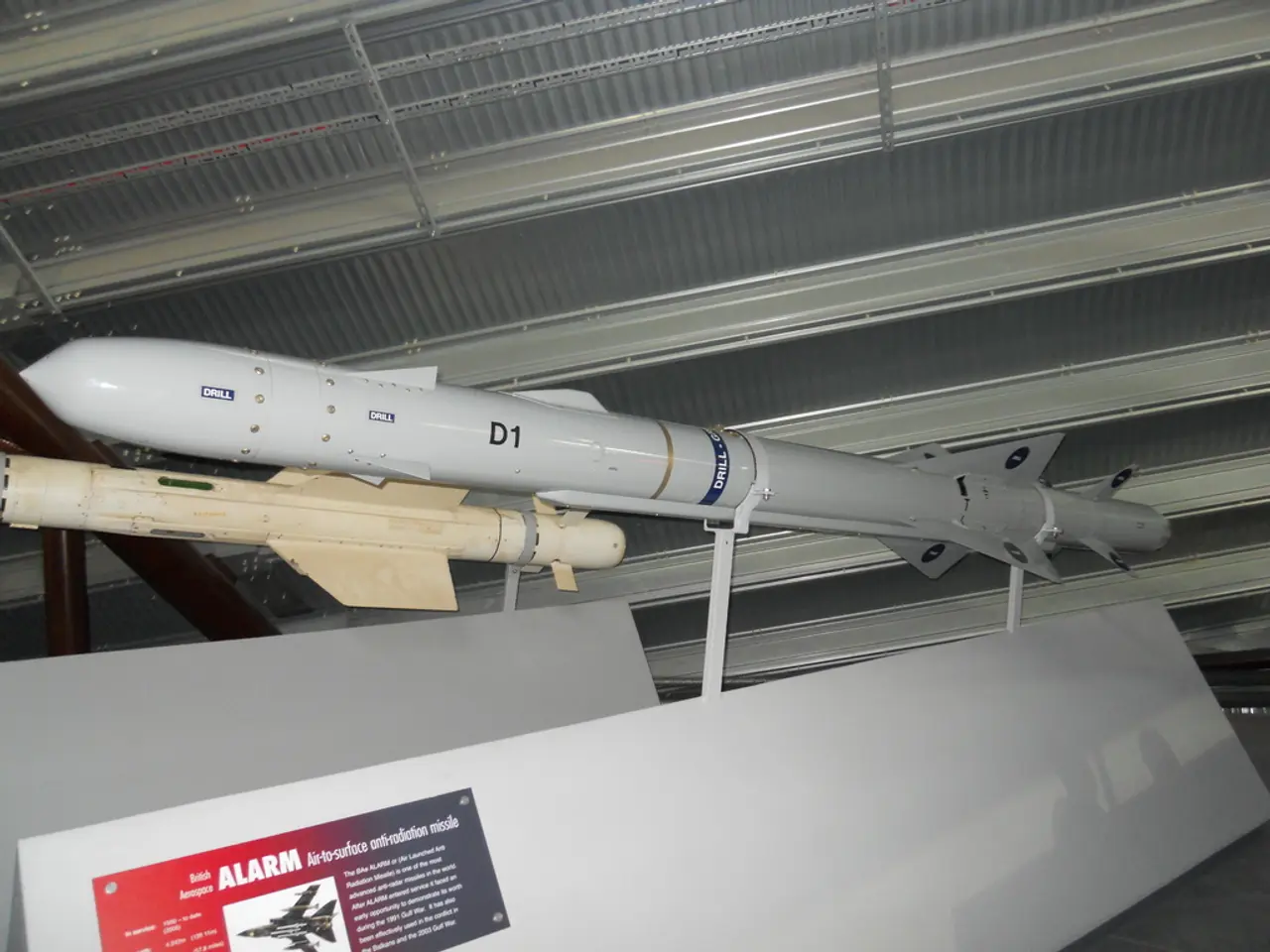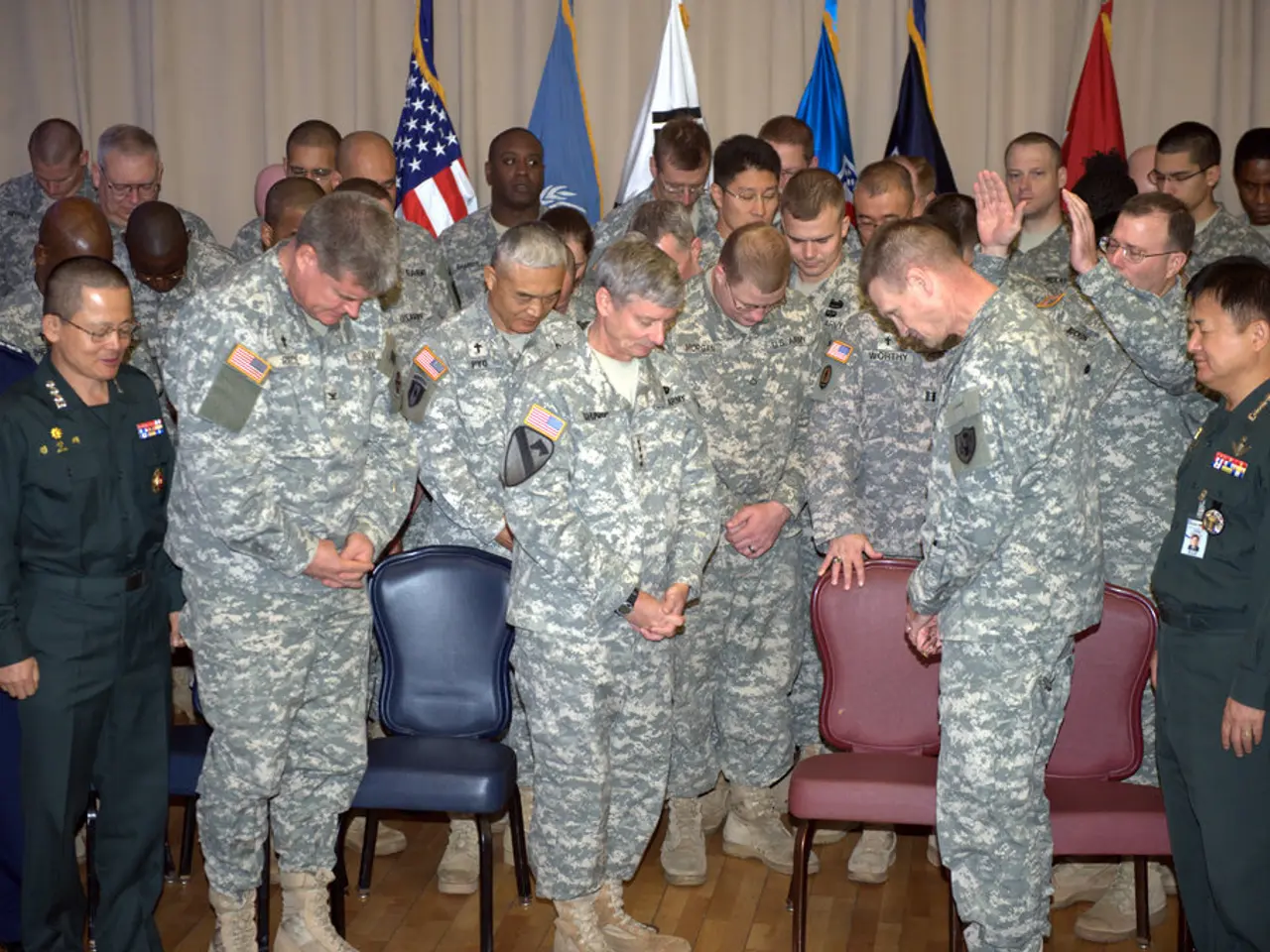Strife and humanitarian hardship disproportionately affect civilians within the Darfur region, continuing unabated.
Crisis Deepens in Sudan's Darfur Region, Particularly in Tawila City
The humanitarian crisis in Sudan's Darfur region, especially in Tawila city (North Darfur), is worsening, with over 380,000 people displaced due to ongoing conflict and attacks. People in Tawila are sleeping under trees due to the lack of shelter, and the situation is described as overwhelming by Dr. Salwa Mohktar, a doctor in the region.
Violence continues to be a significant factor in the crisis, with armed clashes between Sudanese military factions causing civilian casualties and widespread insecurity, notably near displacement camps. The situation is particularly dire in Tawila, where cholera cases have surged, exacerbated by poor water, sanitation, and overcrowding. As of mid-July 2025, over 1,300 cholera cases were reported in Tawila alone.
Starvation and inflation are also major concerns, with Tawila and nearby El Fasher facing blockades that limit food deliveries, driving up prices by over 460% and leaving most households reliant on only one meal daily. The United Nations has declared a famine in Sudan as the worst in decades, and NGOs in Tawila are urging the U.N. to take the situation more seriously as deaths from starvation are expected to mount.
Humanitarian access is another challenge, with aid operations overstretched and unable to meet needs, worsened by NGO suspensions, supply route blockages, and ongoing fighting cutting off towns like El Fasher. The outlook is deeply concerning without de-escalation and improved humanitarian access.
The war in Sudan continues, and the country appears to be formally dividing and fracturing. The army-led government is widely seen as a de facto government internationally and has a lot of support in Sudan. However, the RSF took over the largest displacement camp in the country in April, holding about half a million people or more, and most of those people have now fled. Last week, a new parallel government was announced, led by the RSF and including civilian politicians, which the army has dismissed as a sham.
The dynamics in the war are changing, with a slow, sustained return of displaced people to cities like Khartoum. However, large parts of Khartoum were destroyed during the war, but there were also growing signs of revival. Over 15 million people in Sudan have been displaced by a two-year-long civil war between the Sudanese army and a paramilitary group, and the RSF remains mostly in control of Darfur, with one main city, El Fasher, under siege.
The situation in the western region of Darfur is particularly dire, with daily reports of children dying from starvation. The war in Sudan 20 years ago resulted in genocide in Darfur, and it has repeated itself. NPR's Emmanuel Akinwotu has been following the story and reported that many of the displaced people who were already starving have trekked to remote towns like Tawila, where there is virtually no help. About 230,000 people are in Tawila, and there is barely any aid, with the U.N. dropping some aid last month, but none is expected for the next few months due to the rainy season making conditions treacherous to navigate.
In summary, the humanitarian crisis in Tawila and the wider Darfur region is marked by massive displacement, severe food insecurity, expanding disease outbreaks (notably cholera), and constrained aid. An urgent sustained international response is needed to prevent further catastrophic suffering.
- The war-and-conflicts in Sudan, specifically in the Darfur region, have led to a significant governmental issue, with millions displaced and numerous humanitarian crises, such as the ongoing cholera outbreak in Tawila.
- In addition to war-and-conflicts, crime-and-justice concerns have arisen, as starvation and inflation, exacerbated by blockades, have driven food prices up drastically in cities like Tawila and El Fasher.
- In the midst of this turmoil, general-news sources have reported accidents and fires due to the destruction of infrastructure during the conflict, further complicating the crisis in Darfur's Tawila city and other affected areas.








